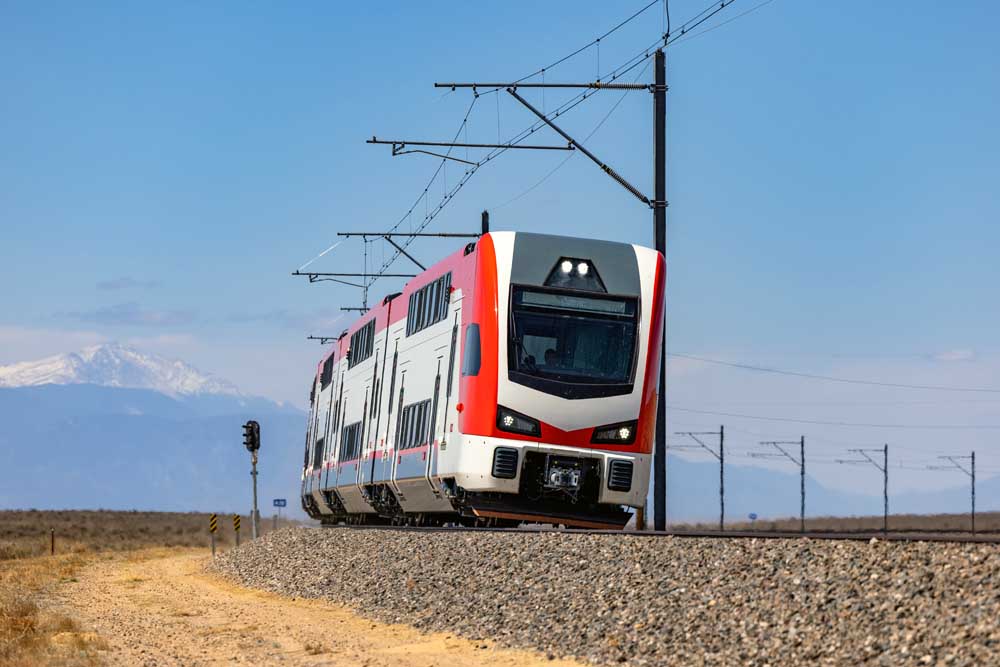
PUEBLO, Colo. — The new operator of a half-century-old Colorado rail testing facility has begun the transition to full operations at the site.
In March 2021, the Federal Railroad Administration awarded ENSCO a 20-year contract to operate and maintain the Transportation Technology Center (TTC) in Pueblo, Colorado.
Perhaps confusingly, another company, previously named TTCI, owned by the Association of American Railroads and recently renamed MxV Rail, operated the 52-square-mile TTC before ENSCO [see “AAR’s research and testing subsidiary renamed …,” Trains News Wire, March 15, 2022] and is now developing its own test facility in the Pueblo area. The FRA owns the land and has leased it to the AAR affliate for the last 40 years.
“One change with this contract is that it’s opened it up to the other Department of Transportation divisions,” said Matthew Dick, the division manager of ENSCO Rail. “It is anticipated that there’s going to be more passenger transit testing going on at the site with bus, highway, light rail (and) passenger transit. …Historically, the site’s been predominantly focused on freight. Freight will still stay; it’s just that I think we’ll see a better balance.”
After a competitive bid process, ENSCO won a $571 million contract to operate the TTC. The contract includes a five-year base period and three five-year options for a 20-year total. ENSCO, a Springfield, Virginia-based company founded in 1969, began the transition in April. It aims to be fully operational at the testing facility in October.
Company officials say they have no plans to change current security measures to manage data at TTC. The company currently handles government and Department of Defense work and plans to strengthen its protocols around data confidentiality.
“We’re really on the doorstep of an exciting time for the rail industry and the transit industry, and I really see the site being the source to allow companies to expand on their automation capabilities,” Dick said.
“I think that everywhere we’re hearing, expanded automation is an important thing for the next 20 years, and the site is a really great place to vet those sorts of things out,” Dick added. “So not only to, of course, increase safety but also to increase operational efficiencies. My vision, and I think a lot of people’s vision for this site, is to use it to really help accelerate automation capabilities in all aspects of transportation.”
Company officials said they plan to offer the same services the TTC has traditionally offered in addition to new services, including cybersecurity and grade crossing safety. Additionally, it will broaden its focus to include services for all surface transportation modes, including pipelines and trucks.
ENSCO officials said the FRA would not have access to proprietary testing information, following the same protocols that have been in place for the past four decades.
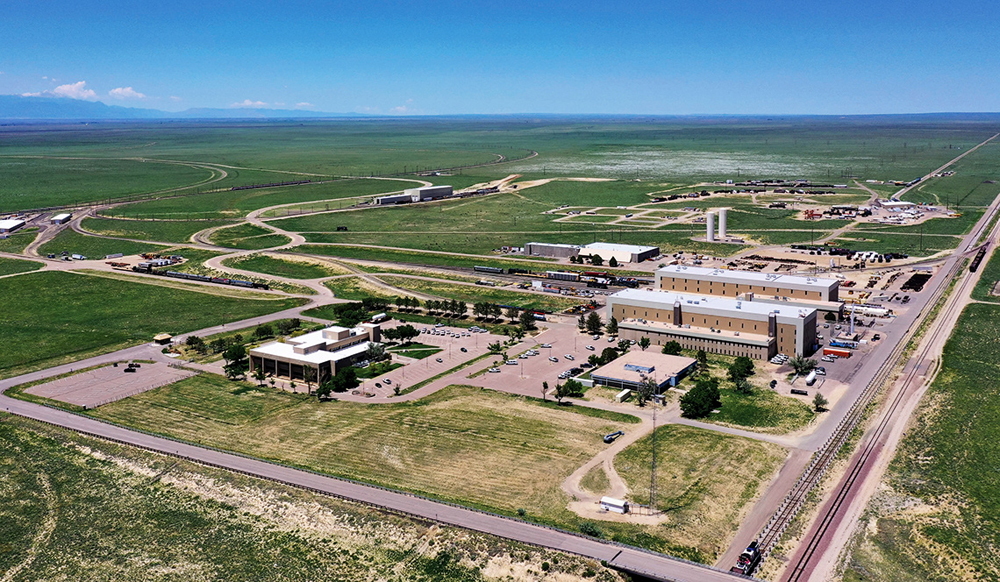
Congress authorized the TTC with the passage of the High-Speed Ground Transportation Act of 1965. U.S. Secretary of Transportation John Volpe inaugurated the facility on May 19, 1971.
Its facilities include laboratories, maintenance shops and full-scale training facilities, including 50 miles of tracks. These capabilities have enabled the FRA to develop realistic training situations and improve safety standards, including passenger rail crashworthiness and tank car standards.
The facility works with rail companies to determine their own products’ strengths and wear capacities. It also features impact and lab rig testing and simulation tools.
Customers have several test tracks they can use — including the 2.7-mile-long track High Tonnage Loop and the 22.6-mile-long Passenger Test Loops — to test their equipment. ENSCO officials said they are evaluating the addition of different tracks, but details are pending.
“I would make the comment that the site is a great place to expand on a future test track somewhere,” Dick said.






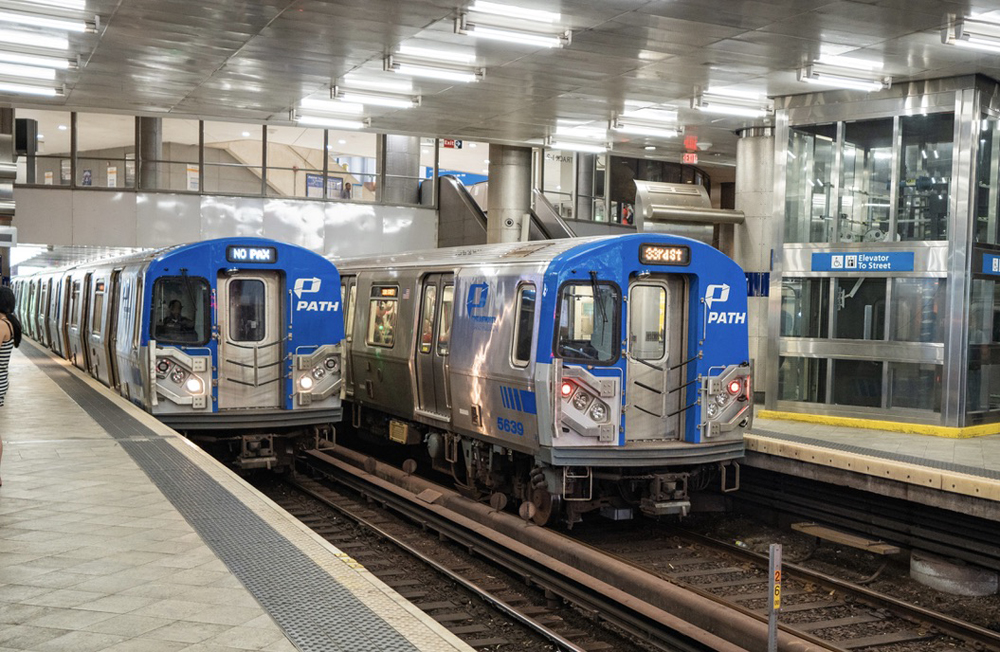
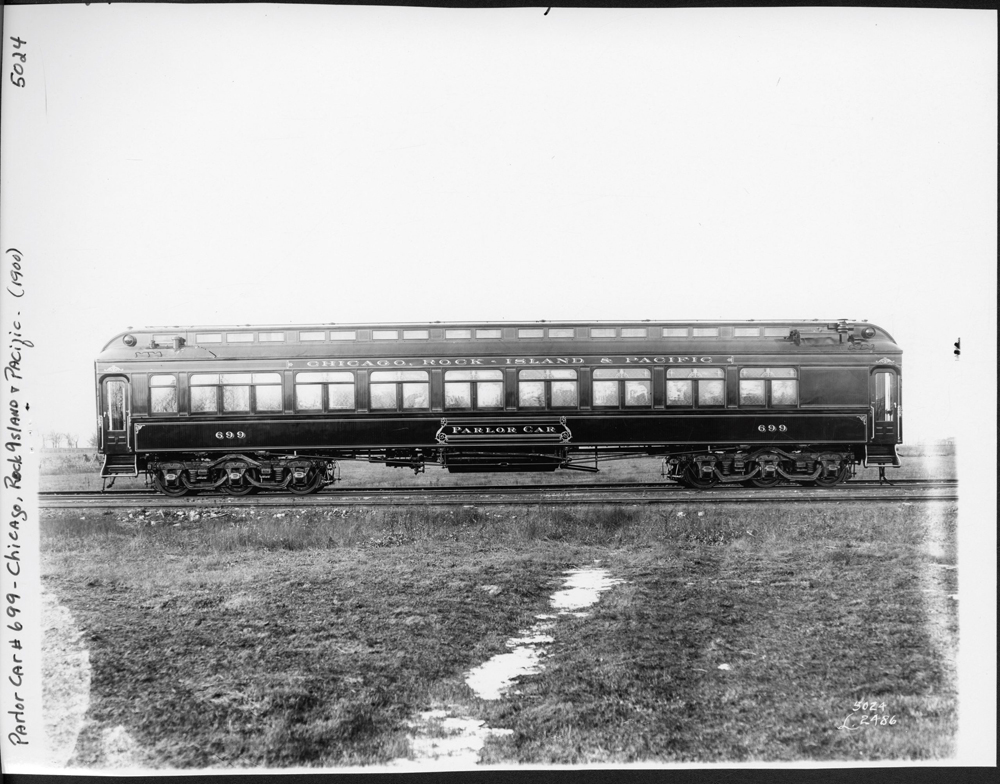
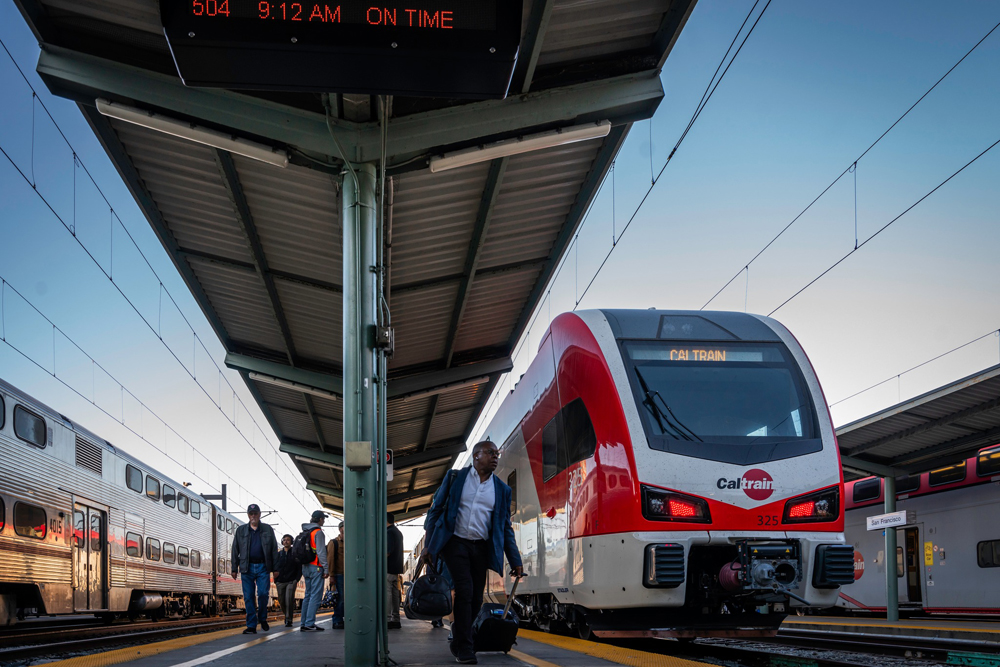
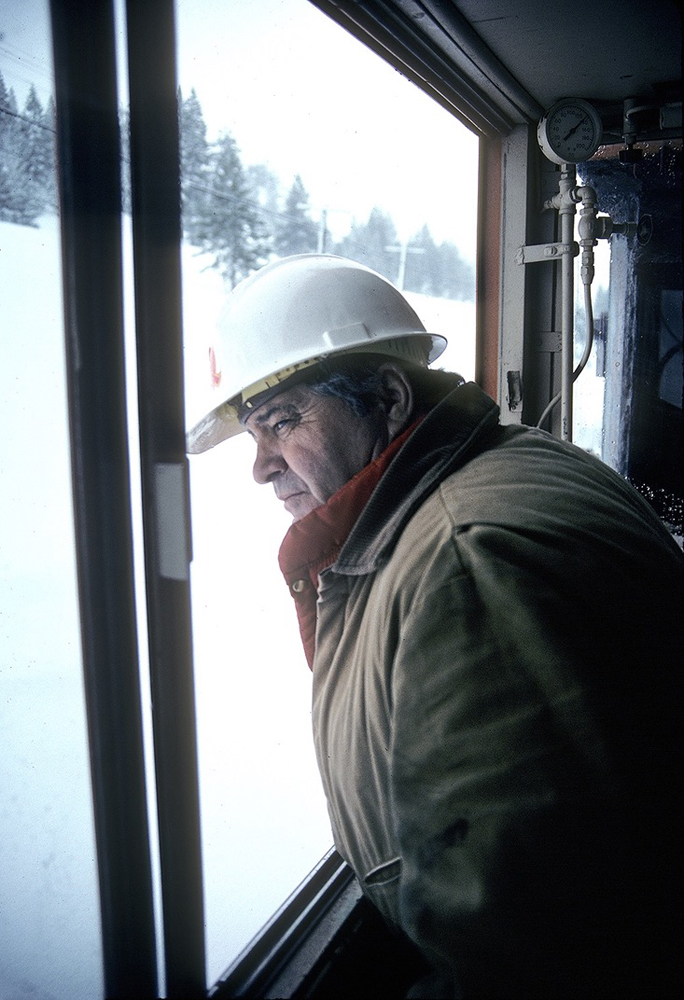
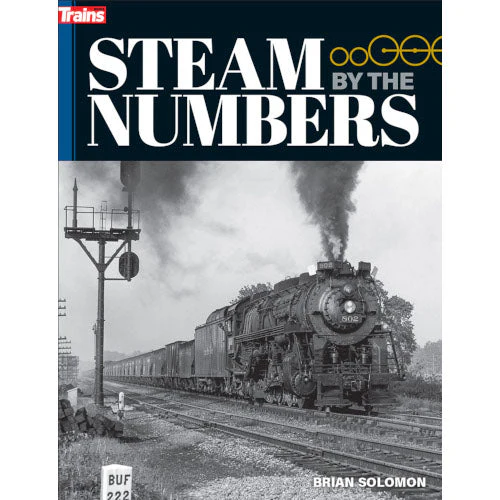


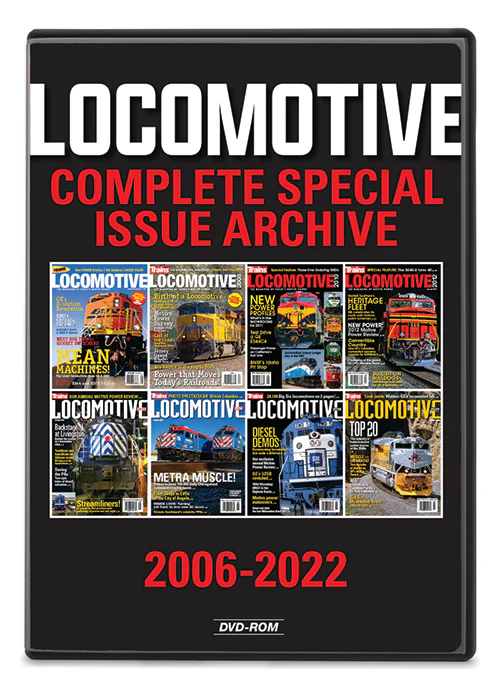
With all the recent derail events and fails of older equipment, does this test center have groups of degraded rail or a place to test aged hoppers?
Also can they replicate a PSR sized consist moving at speed to evaluate wear and tear on the supporting plant?
It’s one thing to test new equipment on pristine track, but you and the world knows that most of the movements are not new equipment and not pristine track.
PSR sized consists moving at speed….that’s an oxymoron if I ever heard one, at least according the rail shippers and the crews. The carriers will tell you it’s true.
LOL. No kidding! In this case “speed” might be <15mph.
But I would like to see this test center build a PSR sized train and run it around their test track at 45mph and collect telemetry from various data points and see how it varies.
Speed of consist, brake wear, pipe pressures, coupler stress, rail fatigue and how long before it recovers.
Collect some older cars and insert them at various points and see how the stresses might change.
Sounds like AAR should be developing their own facility somewhere closer to the center of the continent.